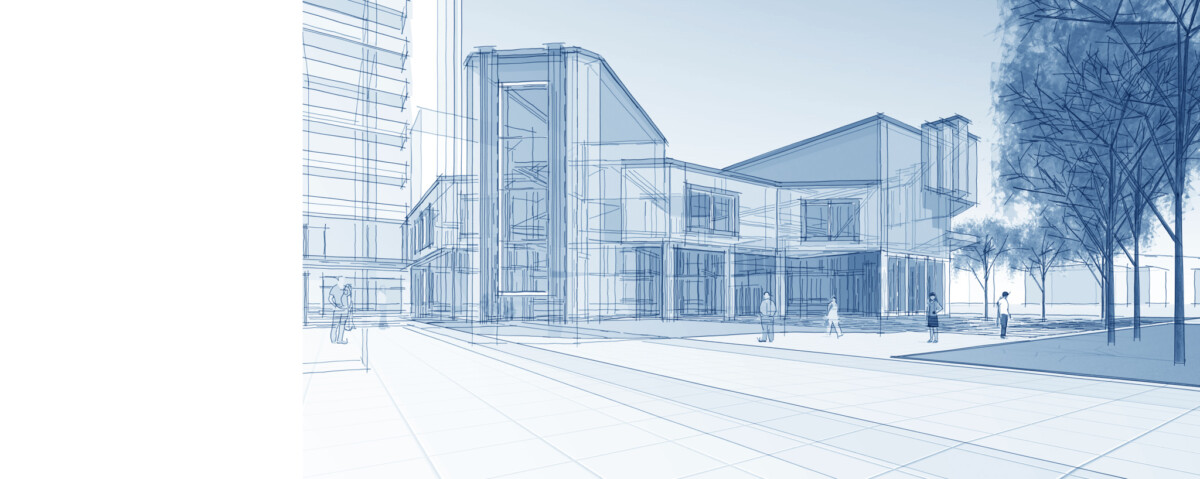1. Overview: What They Are
• Provides a one-time lump sum based on your home equity.
• Offers a fixed interest rate and consistent monthly payments for the entire term NerdWalletClark Howardmichigan-mortgages.net.
• Ideal for predetermined expenses like major renovations or consolidating debt.
• Functions as a revolving line of credit you draw from as needed—similar to a credit card NerdWalletClark HowardWikipedia.
• Typically features a variable interest rate, tied to the prime rate, though some lenders offer partial fixed-rate locking options NerdWalletInvestopedia.
• Suited for ongoing or unpredictable needs like phased home projects or tuition fees.
2. How They Work in Michigan & Dearborn
3. Key Differences
| Disbursement | Lump sum | Draw as needed up to credit limit |
| Interest Rate | Fixed | Variable (or partially fixed lock-in) |
| Repayment | Principal + interest from day one | Interest-only during draw period; then principal + interest |
| Best For | Known large projects, debt consolidation | Ongoing expenses or uncertain needs |
| Predictability | High | Moderate to low |
4. Pros & Cons in Dearborn’s Market
- Predictable payments help budgeting.
- Lower interest rates than many unsecured credit options.
- Useful for debt consolidation or fixed-cost projects. ForbesFinMasters
- Interest accrues on the full amount immediately—even if not used right away.
- Less flexibility; any further borrowing requires a new application. NerdWalletClark Howard
- Only pay interest on amounts drawn.
- Flexible access lets you borrow multiple times during the draw phase. NerdWalletClark Howard
- Variable rates may decline in favorable market shifts.
- Interest rate fluctuations make payments unpredictable.
- After the draw period, required payments can spike when principal repayment begins.
- Some lenders can freeze or reduce credit lines during economic downturns. NerdWalletThe Wall Street Journalsmartlending.comInvestopedia
5. Which Fits Your Needs in Dearborn?
- You know the exact amount you need.
- You prefer stable, fixed monthly payments.
- You’re financing a defined one-time project or consolidating high-interest debt.
- You’re uncertain how much you’ll need overall.
- You expect payments at multiple points over time (e.g., phased remodeling).
- You can tolerate potential payment volatility.
6. Michigan-Specific Considerations
- Credit & Equity Requirements: Most lenders require a minimum credit score around 620, a DTI under ~43%, and meet equity thresholds smartlending.comConsumer Financial Protection Bureau.
- Michigan Lender Policies: Many local institutions like DFCU require primary residence use and impose CLTV limits of up to 80–90% depending on the equity available DFCU Financial.
- Local Market Rates: As of late August 2025, Michigan home equity loans and HELOCs offer rates ranging from 6.5% to 7.2% APR, depending on the term and CLTV, at DFCU Financial.
7. Risks & Cautions
8. Tax & Alternative Use Notes
- Tax Deductibility: Interest may be deductible only if funds are used for home improvements tied to the collateral property. The standard deduction threshold often exceeds typical HELOC/home-equity interest expenses, reducing benefits unless itemized, according to ForbesInvestopedia.
- Alternatives: Depending on your needs, consider a cash-out refinance, 0% balance-transfer credit card, or personal loan if they offer better cost or flexibility—especially for short-term use InvestopediaConsumer Financial Protection Bureau.
9. Decision-Making Tips
- Estimate need and timing: One-time lump cost → home equity loan; phased/ongoing → HELOC.
- Compare closing costs & APRs: DFCU and other local lenders often charge 2-5% closing costs.
- Check the rate environment: If Fed rate cuts are expected, a HELOC may become more affordable; if hikes are likely, consider locking in a fixed-rate equity loan.
- Plan repayments: Can you repay during the draw period? Can you handle future spikes?
10. Final Thoughts
Thank you for reading! If you enjoyed this article and want to explore more content on similar topics, check out our other blogs at Sonic Loans, Sonic Realty, and Sonic Title. We have a wealth of information designed to help you navigate the world of real estate and finance. Happy reading!
Are you looking for the right loan? Check out Sonic Loans for tailored mortgage solutions that make home financing simple and efficient.
How to Improve Your Credit Score Before Applying for a Mortgage
FHA vs. Conventional Loans: What’s Best for First-Time Buyers?
Digital Property Management Solutions: The Future of Real Estate Efficiency
Virtual Reality in Property Marketing: The Future of Real Estate
PropTech Trends Shaping Real Estate
AI in Real Estate: Current Applications
Blockchain in Real Estate: Future Applications
Smart Home Features Worth Installing
Allen Park vs. Garden City: Where to Invest in 2025










